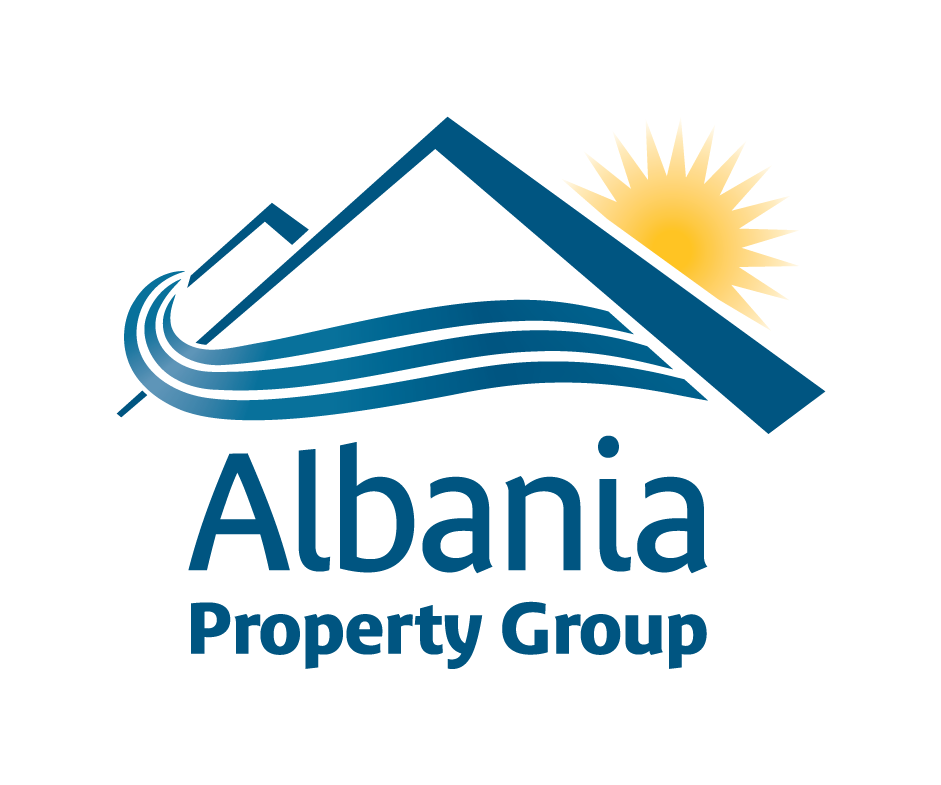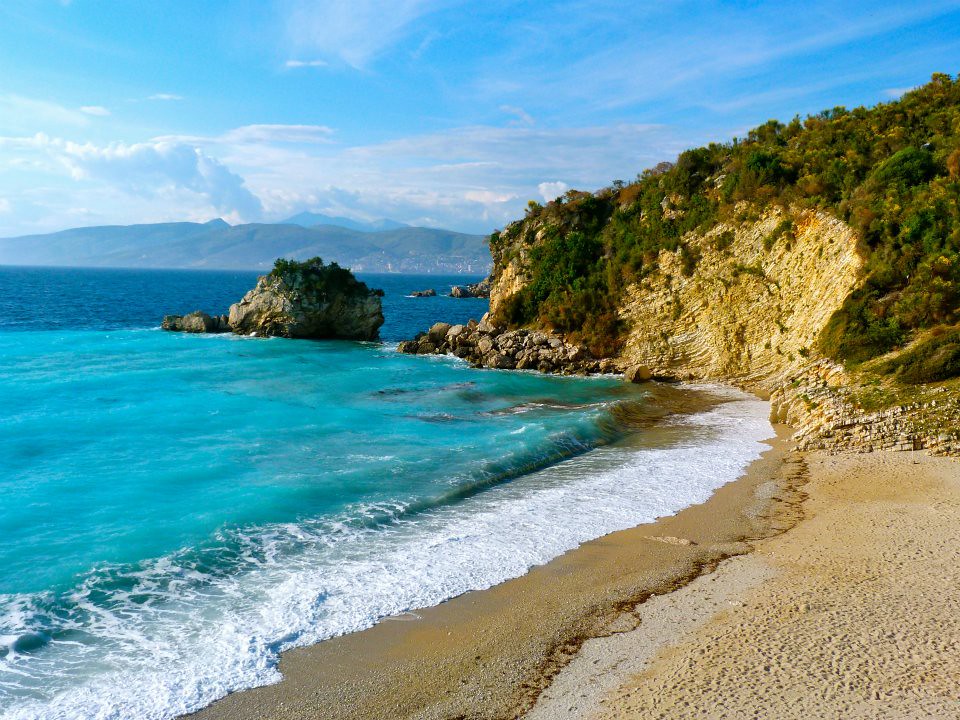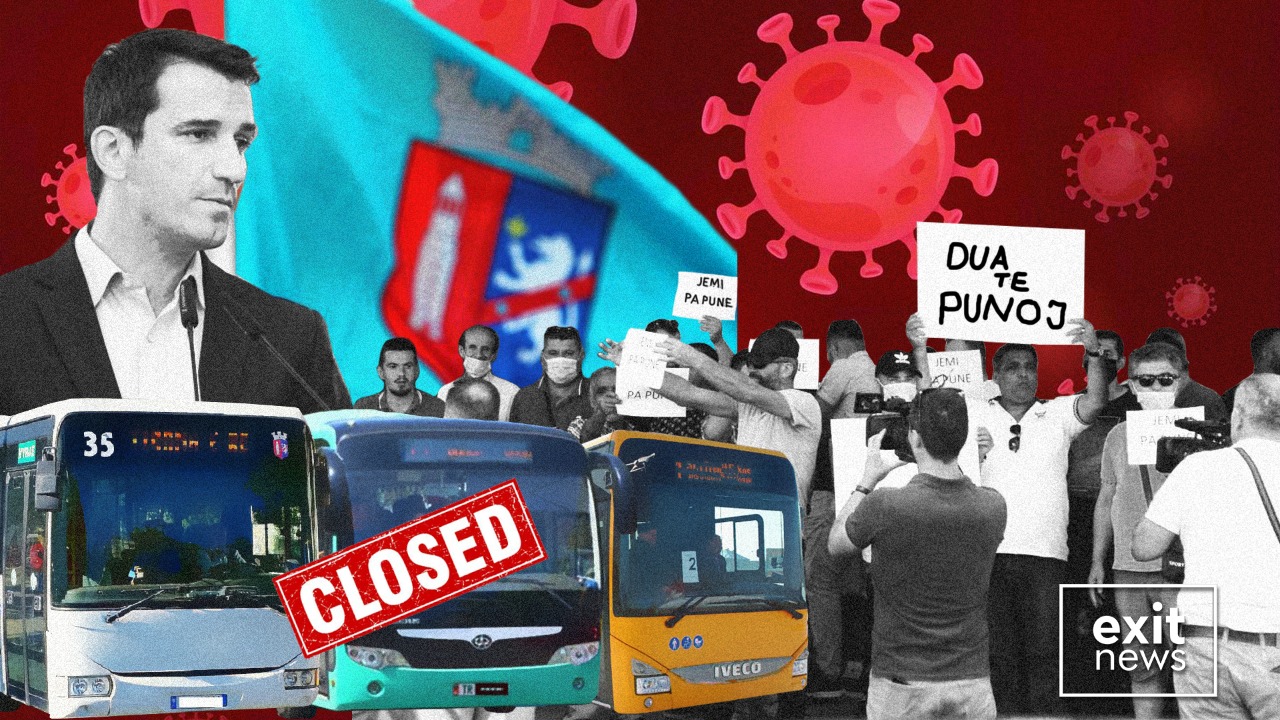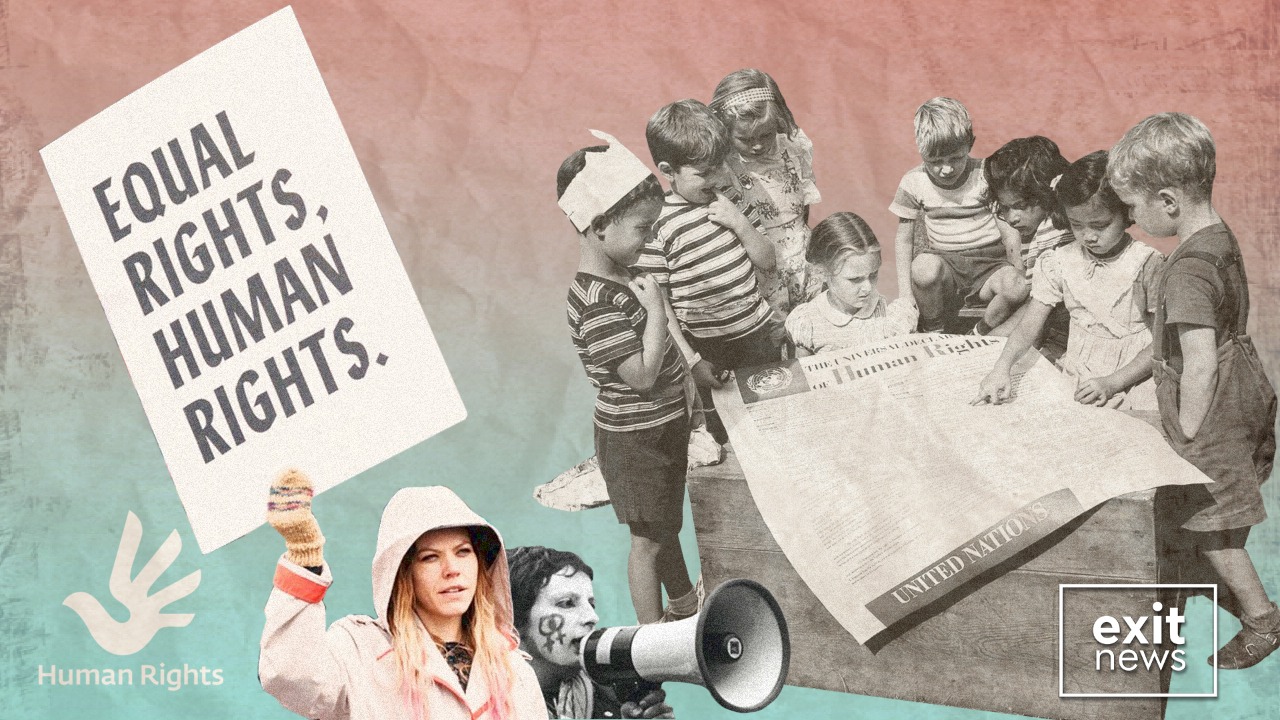

News
Tourism Workers to Be Vaccinated as Priority Group
Prime Minister Edi Rama promised to complete the vaccination of hotel employees and service workers before the start of the summer tourist season.
“As soon as the first phase of vaccination of the elderly is over, we will start vaccinating the employees in the tailoring and at the same time vaccinating hotel employees, especially where there is a large number of people. In June, everyone will be vaccinated “, said Rama, in a meeting with the tour operators in Robit Mountain, in Kavaja, on April 1.
He stressed that last season was good, thanks to the government’s decision to leave the border with Kosovo and Northern Macedonia open:
“We succeeded because we left open the border with Kosovo and Northern Macedonia. The season was dominated by Albanian tourists.
The World Bank said that Albania’s economic recovery hinges on the rollout of vaccines, management of the pandemic, and how quickly the tourism season can recover.
https://exit.al/en/2021/04/01/tourism-workers-to-be-vaccinated-as-priority-group/
World Bank: Western Balkans Economies Could Grow by 4.4% in 2021
The World Bank has predicted that the six countries of the Western Balkans could grow by 4.4% this year following a contraction of 4.8% during 2020.
This projection depends on how vaccines are rolled out in the region, and how each state manages to deal with the ongoing COVID-19 pandemic.
In a macroeconomic report published this week, the WB said that Albania, Bosnia and Herzegovina, Kosovo, North Macedonia, and Serbia show signs of promise in terms of recovering economies. But despite this, the WB noted that the per capita income will remain below pre-pandemic levels.
Just how much economies survive will be defined largely by the way that their respective governments respond.
“The significant role that government plays underscore the importance of the quality of governance in determining productivity and growth and effectively responding to the region’s economic and social challenges.”
Issues such as the aging population, rising inequality, and increasing government expenditures need to be managed and governed effectively, WB said.
Albania will likely continue to grapple with international travel restrictions which is concerning as much of its economy depends on it.
“The pandemic hit Albania’s key sectors of tourism and manufacturing through the recession in the EU, supply chain disruptions, travel limitations and social distancing measures.”
The report said that if the country accelerates structural reforms in preparation for EU membership, various sectors could be boosted.
The WB aid that Albania’s productivity has now stagnated below peer countries and issues including wage pressures could further reduce its competitiveness.
SMEs represent most of the country’s businesses and they rely heavily on unskilled and low-wage labor. Foreign and private investment is rarer due to “limited access to finance, burdensome logistic and poor market investment”. Other issues include scarce public revenues that limit public infrastructure and human capital investment.
The country’s GDP is expected to have declined by 4.7% during 2020 although this is smaller than first projected. This is due to an increase in local and domestic tourism which partially compensated for foreign arrivals.
Some government measures such as reconstruction and those designed to mitigate the pandemic have had:’significant fiscal cost.”
A recently introduced tax incentive has placed further stress on already declining revenues, the report said.
The report also found that the loss of jobs has been relatively small, but that the quality of jobs has likely decreased.
Overall, Albania is forecast to grow 4.4% in 2021 due to rebounds in demand for exports, consumption, and investments. Tourism and construction are likely to be big drivers of this. POverty is predicted to decline by two percentage points.
The main concerns of the WB relate to government spending and the fiscal situation.
“ The fiscal situation could deteriorate in a downside growth scenario and the absence of expanded revenue collection. In this case, the government may need to further reduce capital spending to keep the debt to GDP ratio from rising.”
They estimate that public debt will amount to 79.5% of the GDP in 2021.
https://exit.al/en/2021/04/01/world-bank-western-balkans-economies-could-grow-by-4-4-in-2021/
EU and UNICEF to Support Vulnerable Children in Turkey and Albania
The EU and UNICEF have joined forces on a EUR 5 million project to bring relief to vulnerable children and families living in Albania, who’ve been impacted by the COVID-19 pandemic.
Also running in Turkey, the project aims to support 490,000 children and their parents with better access to public services in the area of education, child development, health, and social protection.
In a press release, the UNICEF Regional Director for Europe and Central Asia Afshan Khan said:
“In the Western Balkans and Turkey, UNICEF’s collaboration with the European Union is intended to safeguard children’s right to education, health, and protection and ensure that national systems delivering these services are more equitable, inclusive, and meet the needs of the most vulnerable children and parents. Looking at the period of recovery from the COVID-19 crisis, this program is intended to contribute to building more resilient systems in these countries.”
The financing will be provided by the EU’s assistance package to the Western Balkans which currently totals more than EU 3.3 billion.
https://exit.al/en/2021/04/01/eu-and-unicef-to-support-vulnerable-children-in-turkey-and-albania/










